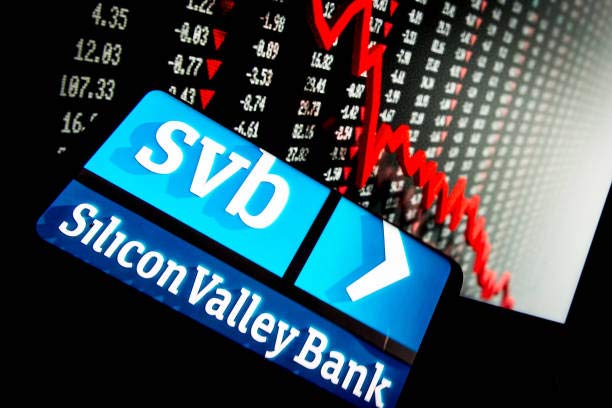Spokespersons of the sector warn that Silicon could only be the top of the ‘iceberg’, and although the Treasury and private commercial banks seems not to be nervous, the national stock market registered intense volatility in its last days. The dollar started the week slightly higher in the Mexican money market, and in the international market, the Mexican peso traded with slight pressures, depreciating 0.32 percent, equivalent to 5.8 cents, to exchange at around 18.94 per dollar.
Roger Lowenstein, a financial journalist for The New York Times, is convinced that the cause of the scare caused by the two banks is inflation.
He explained that Silicon had a lot of assets in long-term fixed bonds and collapsed when inflation caused the Federal Reserve to raise interest rates, which increased the cost of holding deposits.
The bailout covered all account holders in a dramatic turnaround, but banks will most likely pass on the costs to customers, and he made it clear that the bailout did nothing to address the condition that fostered financial instability: inflation, but may exacerbate it.
It is dangerous that the bankruptcy affected Swiss banking, renowned for its stability, so the collapse of Credit Suisse (bigger than the two American banks combined) and its forced marriage with the Union of Swiss Banks (UBS) has caused commotion inside and outside the European country.
jrr/jav/mgt/lma.









